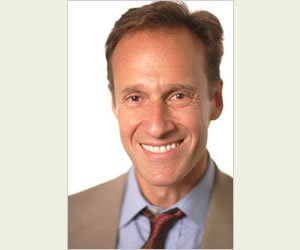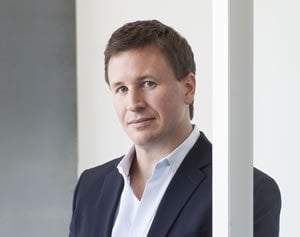
Five Mistakes to Avoid in Medical School Interviews
We all know medical school interviews are important. But did you know, according to a ... Read more
Written by: Suzanne M. Miller, MD, FACEP
Published on: June 15, 2016
Learn about medicine and how to become a physician in our articles for pre-medical students (including the MCAT), medical students, resident physicians, and practicing physicians.

We all know medical school interviews are important. But did you know, according to a ... Read more
Written by: Suzanne M. Miller, MD, FACEP
Published on: June 15, 2016

Whew! It’s been a long year and I am itching for a much-needed, well-deserved break. ... Read more
Written by: Adelle
Published on: June 14, 2016

An Ongoing Dialogue Between Medicine and Law It is no wonder why medical schools across ... Read more
Written by: Brian Wu
Published on: June 13, 2016

At the end of the school year, hopefully you will find a little bit of ... Read more
Written by: AAMC Staff
Published on: June 9, 2016

With one or more years between undergraduate study and a medical school education becoming more ... Read more
Written by: Cassie Kosarek
Published on: June 8, 2016

If you are in medical school, you have been making choices for a long time ... Read more
Written by: Brian Wu
Published on: June 6, 2016

Sara E. Gottfried, MD, is a board certified obstetrician and gynecologist; founder and CEO of ... Read more
Written by: Juliet Farmer
Published on: June 1, 2016

Medical students and health professional know the importance of teaching others to stay healthy, especially ... Read more
Written by: Brian Wu
Published on: May 30, 2016

Updated January 9, 2022. The article was updated to correct formatting and minor grammatical errors. ... Read more
Written by: Brian Wu
Published on: May 26, 2016

Dr. Richard Friedman is a professor of clinical psychiatry and a psychopharmacology clinic director at Weill Cornell ... Read more
Written by: Christy Duan
Published on: May 18, 2016

One of the most pressing issues facing prospective medical students today is the choice of ... Read more
Written by: Brian Wu
Published on: May 17, 2016

This past weekend, I had the opportunity to meet some of our incoming first years ... Read more
Written by: Adelle
Published on: May 16, 2016

The AMCAS application to medical school asks for a lot of information about yourself. It ... Read more
Written by: AAMC Staff
Published on: May 12, 2016

Nowhere else on your medical school application will you have the chance to represent your ... Read more
Written by: Cassie Kosarek
Published on: May 11, 2016

Updated December 1, 2021. The article was updated to correct minor grammatical errors and to ... Read more
Written by: Coalition for Disability Access
Published on: May 5, 2016

Dr. Matt McCarthy is an assistant professor of medicine at Weill Cornell Medical College and ... Read more
Written by: Christy Duan
Published on: May 4, 2016

In 2014, the American Association of Medical Colleges announced that the MCAT 2015 would be ... Read more
Written by: Brian Wu
Published on: May 3, 2016

Studying for the boards overwhelms most people. The sheer amount of information to know is ... Read more
Written by: Patrick C. Beeman
Published on: April 29, 2016

For most pre-meds taking the MCAT, the CARS section proves to be one of the ... Read more
Written by: Nick Zehner
Published on: April 28, 2016